Attention to Detail Extra Challenge Worksheets for Ages 3-9
6 filtered results
-
From - To
Introducing our "Attention to Detail Extra Challenge Worksheets" for ages 3-9, expertly crafted to hone your child's focus and observational skills! These fun and engaging activities are designed to challenge young minds, promoting meticulous examination and critical thinking. Perfect for supporting early learning, each worksheet provides exercises that improve visual perception, pattern recognition, and cognitive agility. With a variety of themes and increasing levels of complexity, Kids Academy ensures every child stays motivated and excited about learning. Help your young learner develop essential skills while enjoying every step of the educational journey! Explore now and spark curiosity!
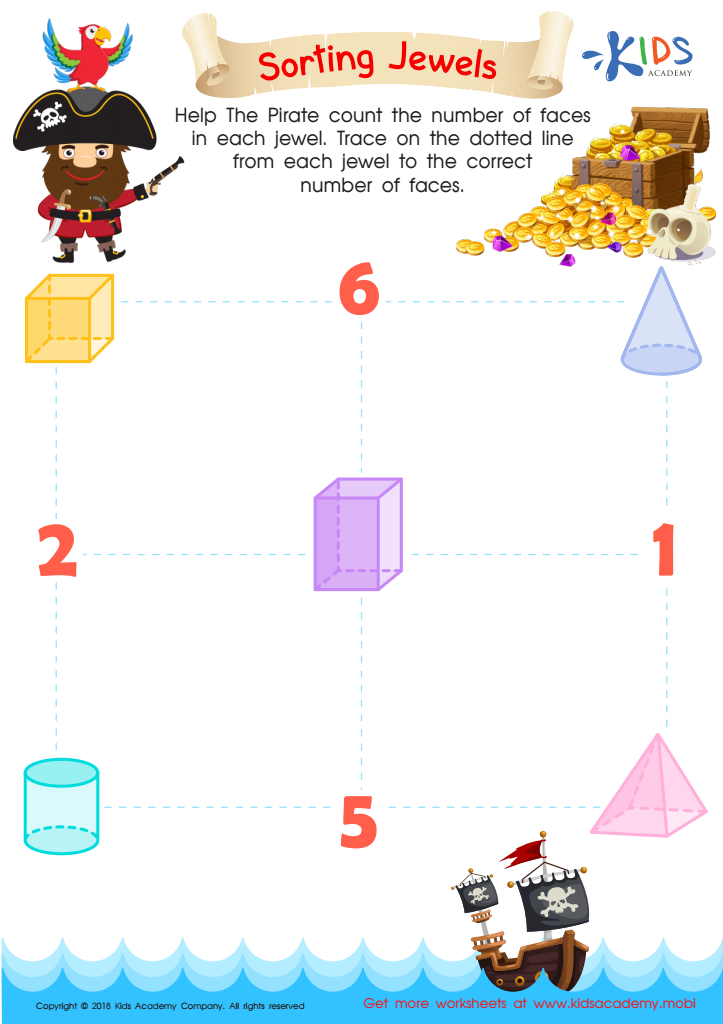

Sorting Jewels Worksheet
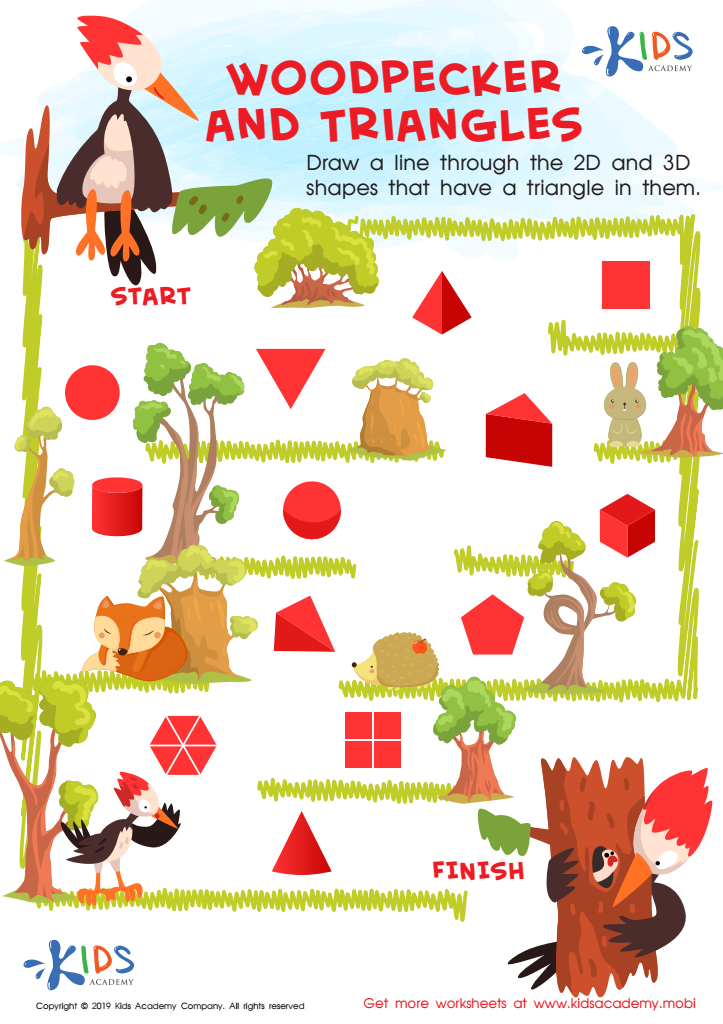

Woodpecker and Triangles Worksheet
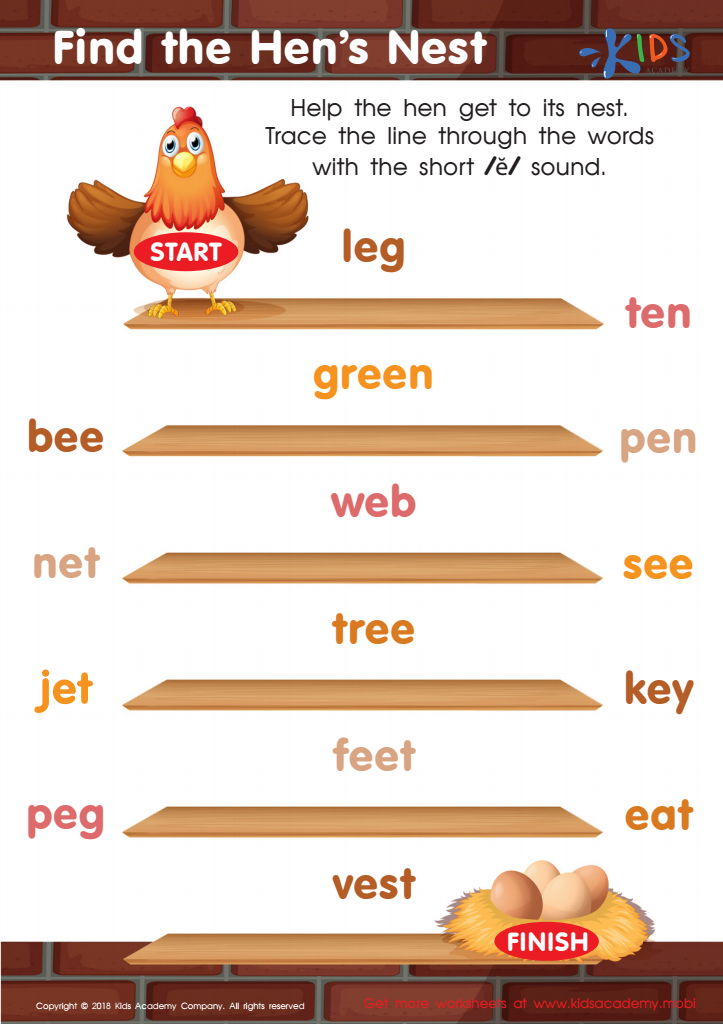

Find Hens Nest Reading Worksheet
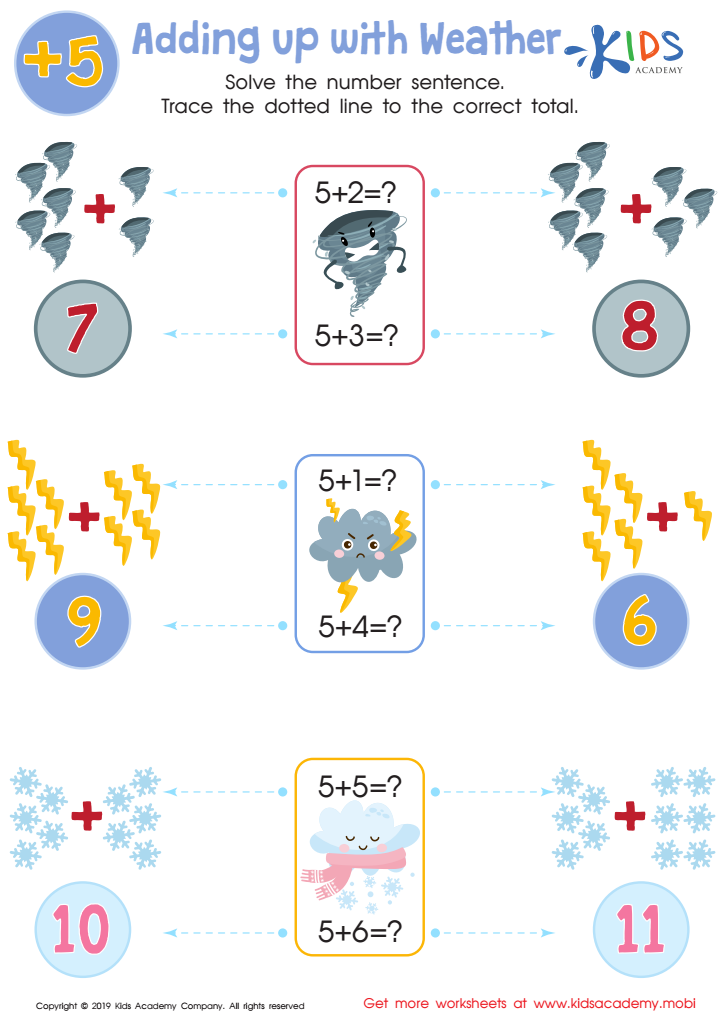

Adding up With Water Worksheet
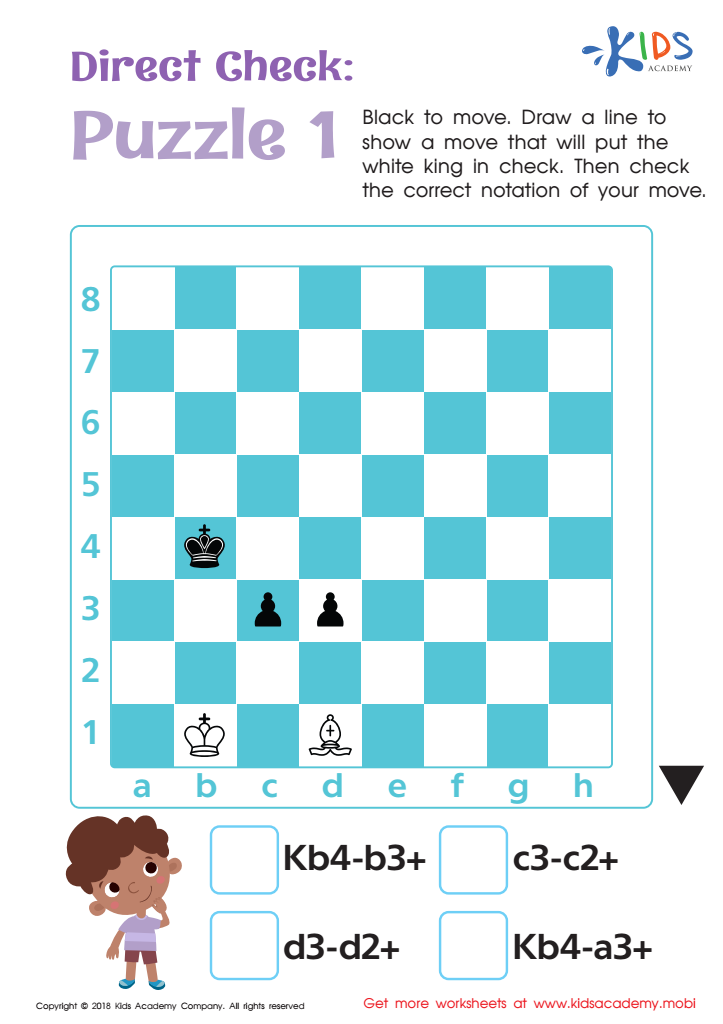

Direct Check: Puzzle 1 Worksheet
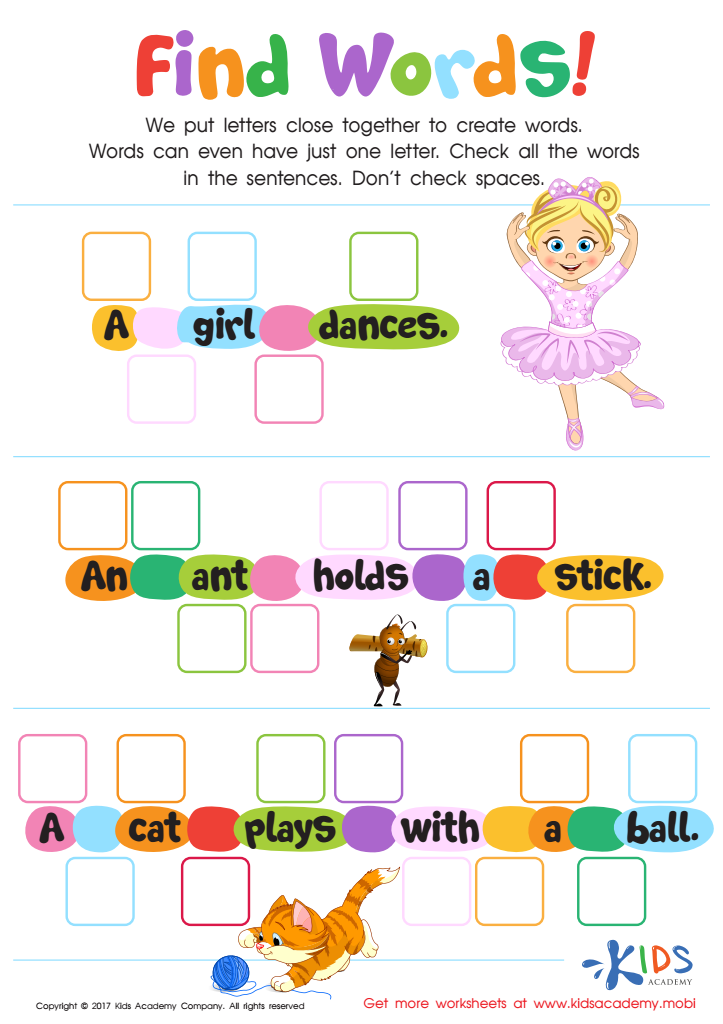

Find Words Worksheet
Attention to detail is a crucial skill for young children. Encouraging children aged 3-9 to pay attention to detail helps lay a strong foundation for their academic and personal development. When children learn to notice details, they become better observers, which enhances their learning across various subjects. For instance, in reading and writing, paying attention to detail enables children to recognize letters, words, and punctuation more accurately, leading to improved literacy skills.
Additionally, fostering attention to detail boosts children's problem-solving abilities and critical thinking. They learn to approach tasks methodically and carefully, minimizing errors and enhancing precision in activities ranging from simple puzzles to more complex projects as they grow. This skill also plays a vital role in social interactions; noticing others' emotions and reactions can help children develop empathy and build stronger relationships.
Moreover, attention to detail can increase a child's confidence. Successfully completing tasks that require detailed work provides a sense of accomplishment and encourages a positive attitude towards learning and challenges. Parents and teachers can promote this skill through activities such as matching games, building with blocks, or even art projects, where detail orientation is key. Ultimately, fostering attention to detail in early childhood sets the stage for a lifetime of attentive, thoughtful engagement with their world.

 Assign to My Students
Assign to My Students















